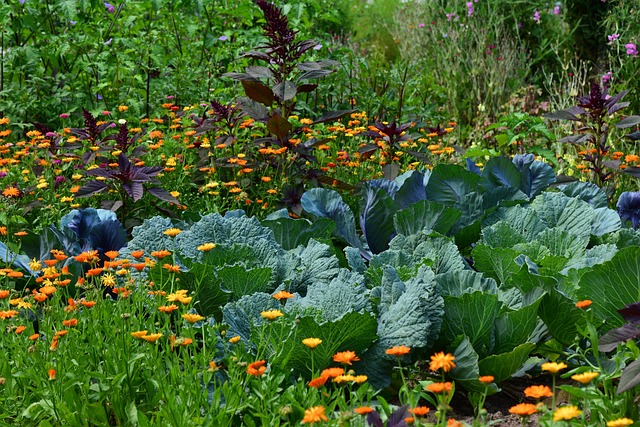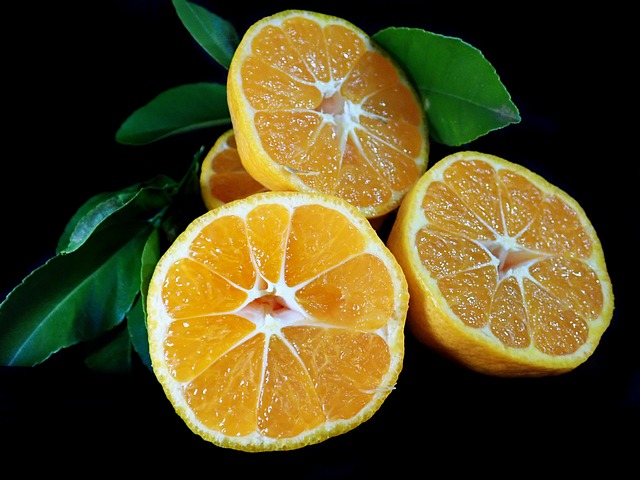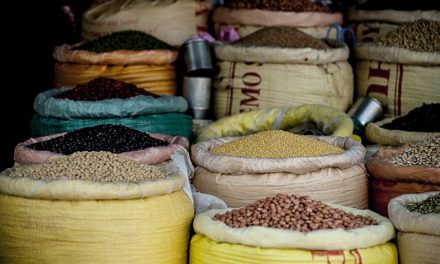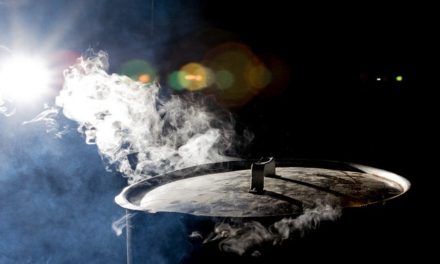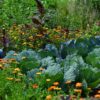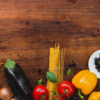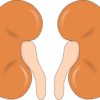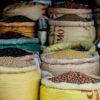In a previous article, we identified what food is and its origin. We will here discuss the equally important topic of how food should be produced to preserve most of its nutrients that when eaten it may contribute to maintaining ideal health.
If our food had remained in its original state and consumed as it was intended, we would need not labour this point. However we’re faced with additional challenges to overcome in order to consider an item a food instead of a poison, one of which is; how it is produced. God made us soil-based, therefore it seems reasonable that our original diet should also come soil based (of course having hindsight information, there’s no doubt of that). Fruits, nuts, grains and seed, including water and sunshine, were originally best calculated to keep us in optimal health.
Why was greens added to the diet after the fall?
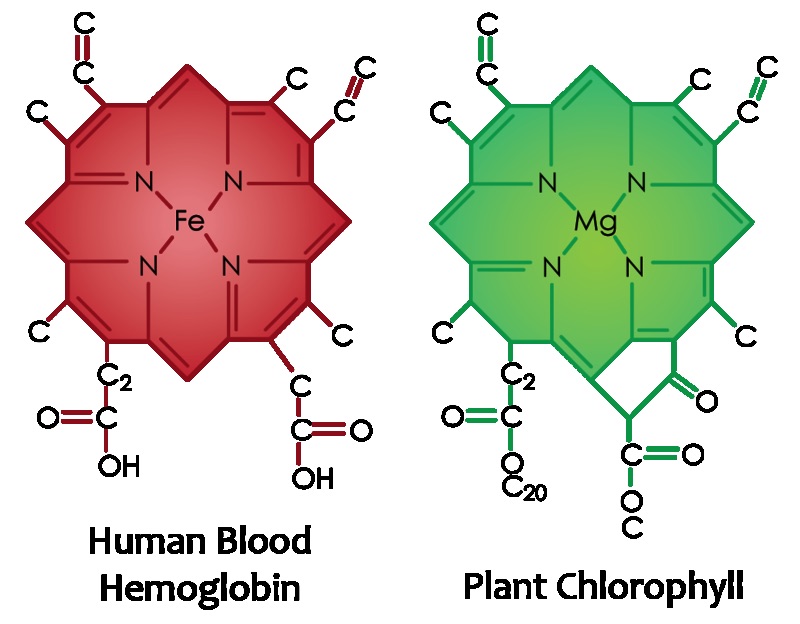
Haemoglobin & Chlorophyll are akin.
Due to rebellion against God’s dietary counsel, our bodies started to decay, which meant not only aging, but disease and eventually death. That this would be case was certainly indicated by God in the beginning, “But of the tree of the knowledge of good and evil, thou shalt not eat of it: for in the day that thou eatest thereof thou shalt surely die” (Genesis 2:17).
But already, did God have an antidote; for the sure death we were suffering, green leafy veg were added to our diet. God prolonged our lives, or probation, that we could consider returning to Him, to receive ever-lasting life. Every time we ate greens, we would be getting a blood transfusion, as it were, slowing down our process of decay and repairing some of the damages to our bodies caused by our wrong habits and unhealthy conditions. The blood fusion effect is due to the cell structure of vegetables, chlorophyll, being identical to the cell structure of the blood, haemoglobin; with the main difference of magnesium to iron, that gives the cell its colour, green and red respectively.
Below we read about the fair justice for the departure from God’s ideal counsel, but also His mercy in providing a temporary antidote against decay.
“18 Thorns also and thistles shall it bring forth to thee; and thou shalt eat the herb of the field; 19 In the sweat of thy face shalt thou eat bread, till thou return unto the ground; for out of it wast thou taken: for dust thou art, and unto dust shalt thou return.” (Genesis 3:18-19, context 17-19)
Note how it also clearly states what material we are composed of, dust. For this reason, instruction in dealing with our food production was given when we were put “into the garden of Eden to dress it and to keep it.” (Genesis 2:15) We know now that we should have responsibility in the production of the food we eat, which involves dressing and keeping the garden. An no, it doesn’t entail getting food from a supermarket.
What do dressing and keeping mean?
To keep means to “to tend; to have the care of” (Noah Webster, Dictionary 1828) or to “have charge of” (James Strong, Strong’s Concordance), giving us the sense of an overall tending and caring for the garden, or it’s plants. While on the other hand, dressing the garden describes what actions are involved with keeping of the garden.
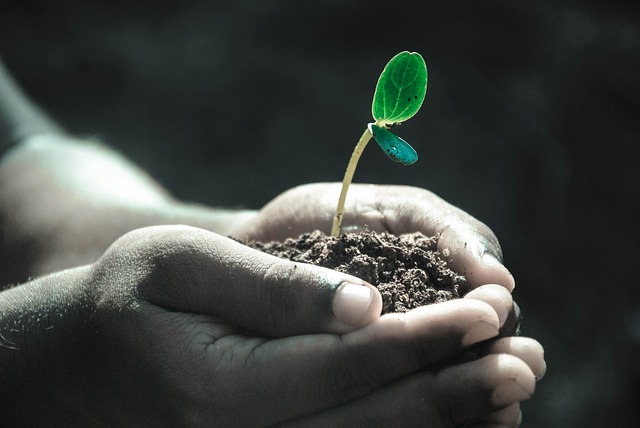
We are to keep, or care for the plants that feed us.
Dressing the garden means to “to put in good order; as, to dress the beds of a garden. Sometimes, to till or cultivate.” To dress is the “preparing or fitting for use.” (Dictionary 1828)
Dressing is akin to tilling and cultivating. Cultivating indicates the diligent labouring to improve, promote or increase goodness or result of something. This can refer to skills, excellency of character or, again, as in our case, to the garden production, as may be seen below.
Cultivating or tilling is “to prepare for crops; to manure, plow, dress, sow and reap; to labor on manage and improve in husbandry; as, to cultivate land; to cultivate a farm”, but it can also mean to “cherish; to foster; to labor to promote and increase; as, to cultivate the love of excellence; to cultivate gracious affections.” (Ibid)
Therefore the instruction given indicated the importance of carefully keeping, having charge, or taking care of a garden with its contents as to accommodate the health and nutrition of plant foods. It was to be dressed or cultivated, as to the fitting or putting in order the garden for sowing, growing and harvesting the most nutritious food without toxins. Today this would involve management of spacing, weeding, feeding the soil, irrigating, sowing, reaping, securing seed, storing the harvest etcetera, with no direct interfering with the food genetic setup.



